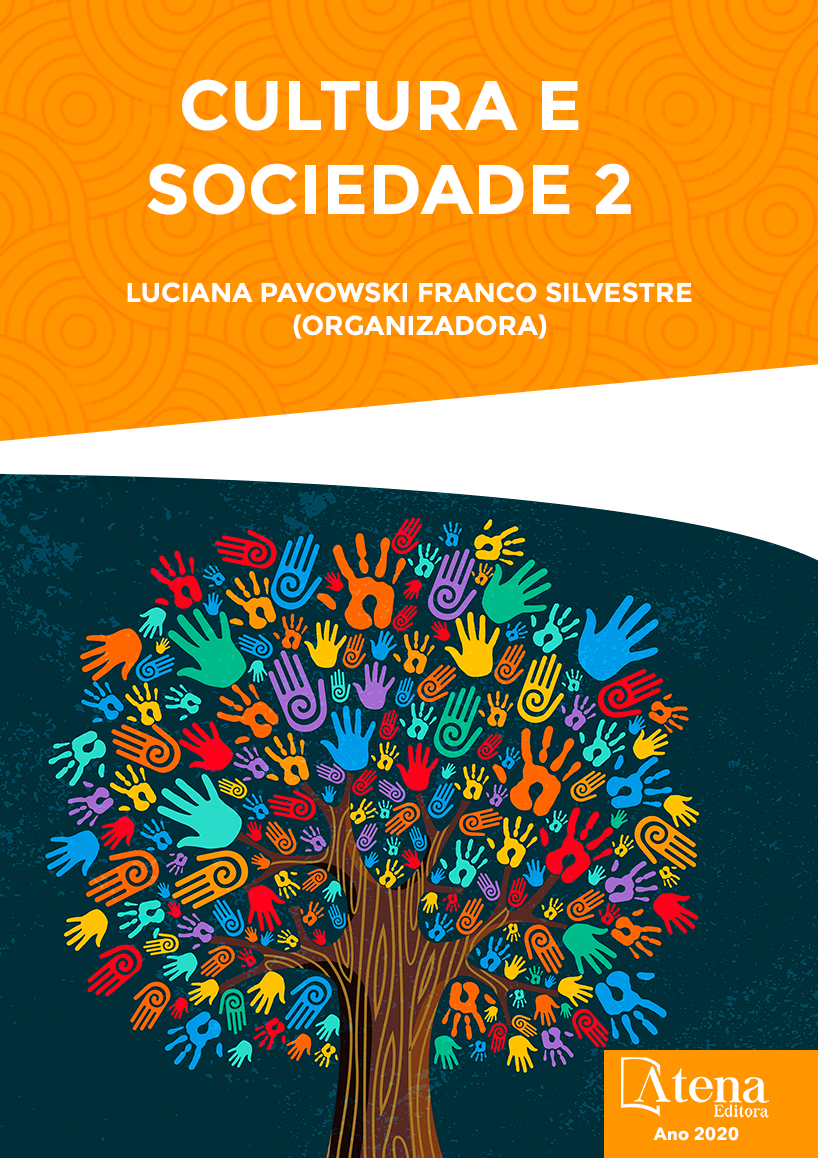
A CONCENTRAÇÃO ESPACIAL DO PROGRAMA CULTURA VIVA NO MUNICÍPIO DO RIO DE JANEIRO
A lei 8.313 de 1991, Lei Rouanet,
é a principal forma de promoção de projetos
culturais no Brasil. Sua criação, no contexto da
reabertura democrática do país após a ditadura
militar, teve como um de seus objetivos diminuir
a centralidade do papel do Estado na cultura e
ampliar o poder de decisão do mercado privado.
Para esse fim, os empresários decidiram quais
projetos financiariam, sendo recompensados
com isenções de impostos. Naturalmente, esse
processo levou à centralidade dos projetos
culturais nas grandes cidades, notadamente na
região Sudeste. Para contrabalançar isso, em
2004, o governo do Partido dos Trabalhadores
estabeleceu um programa que reintroduziu
o papel decisório do governo na cultura, o
Programa Cultura Viva, com o objetivo de
descentralizar geograficamente projetos
culturais. A observação, no entanto, é que
dentro do Estado do Rio de Janeiro, a capital
ainda tem grande poder de centralização.
A CONCENTRAÇÃO ESPACIAL DO PROGRAMA CULTURA VIVA NO MUNICÍPIO DO RIO DE JANEIRO
-
DOI: 10.22533/at.ed.4542012033
-
Palavras-chave: Cultura Viva; Lei Rouanet ; Políticas Públicas.
-
Keywords: Cultura Viva ; Rouanet Law ; Public Policies.
-
Abstract:
The law 8.313 of 1991, Lei Rouanet, is the main form of promotion to
cultural projects in Brazil. Its creation, in the context of the democratic reopening of
the country after the military dictatorship, had as one of its objectives to diminish the
centrality of the role of the State in the culture and to expand the power of decision of the
private market. To this end, businessmen decided which projects they would finance,
being rewarded with tax exemptions. Naturally, this process has led to the centrality
of cultural projects in large cities, notably in the Southeast region. To counterbalance
this, in 2004, the Workers’ Party government established a program that reintroduced
the government’s decision-making role in culture, the Cultura Viva Program, with the
objective of geographically decentralizing cultural projects. The observation, however,
is that within the State of Rio de Janeiro, the capital city still has great power of
centralization.
-
Número de páginas: 16
- Bruno Costa Guimarães


